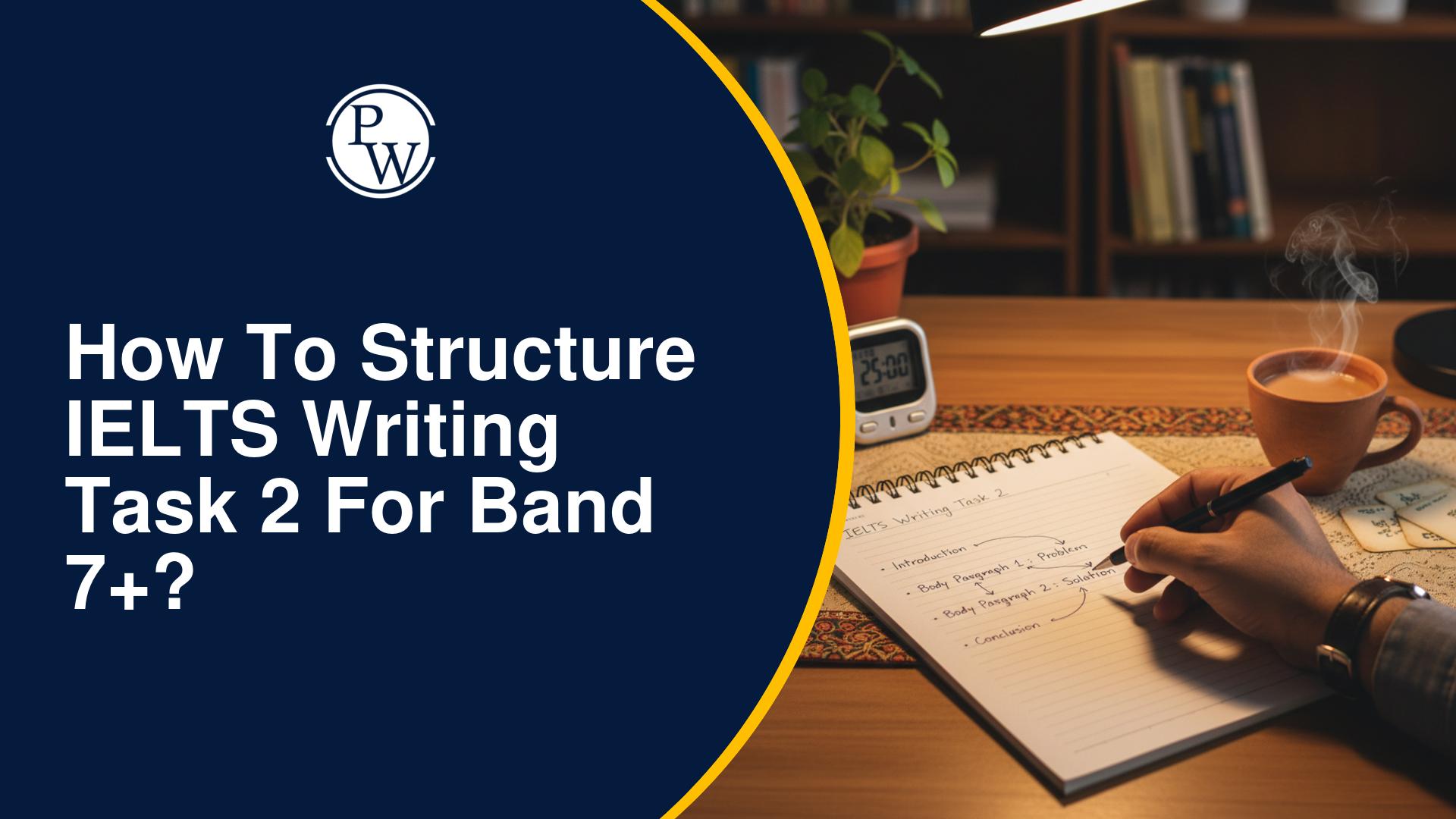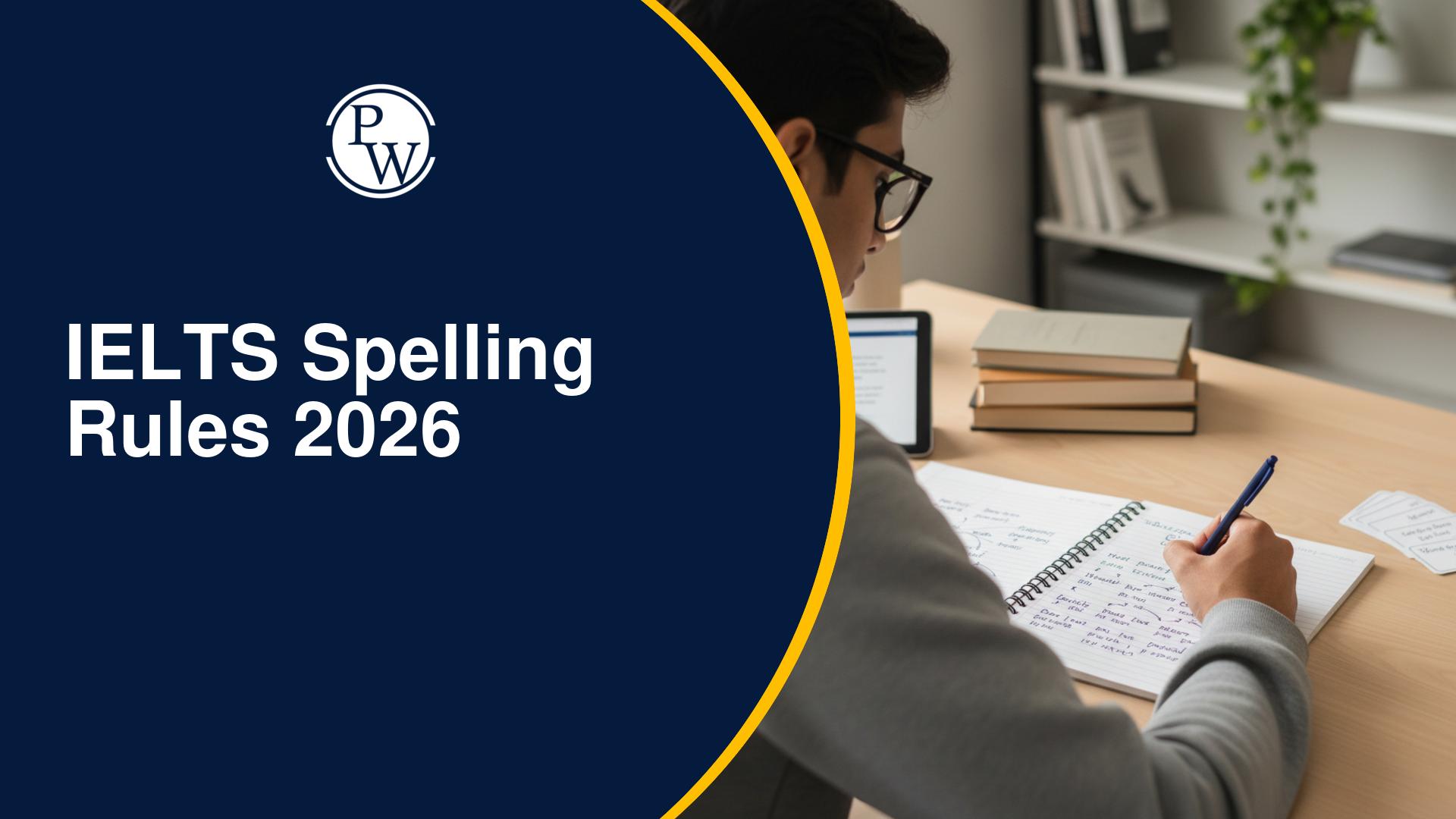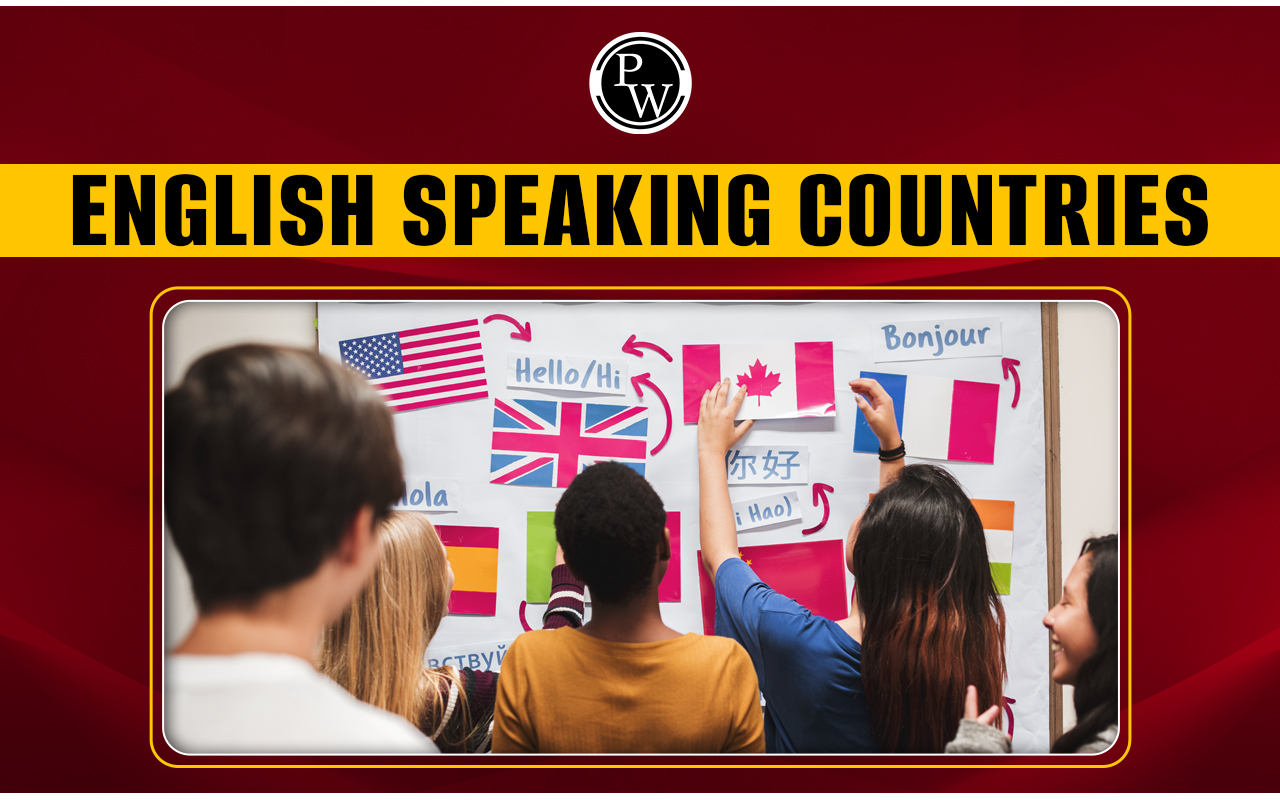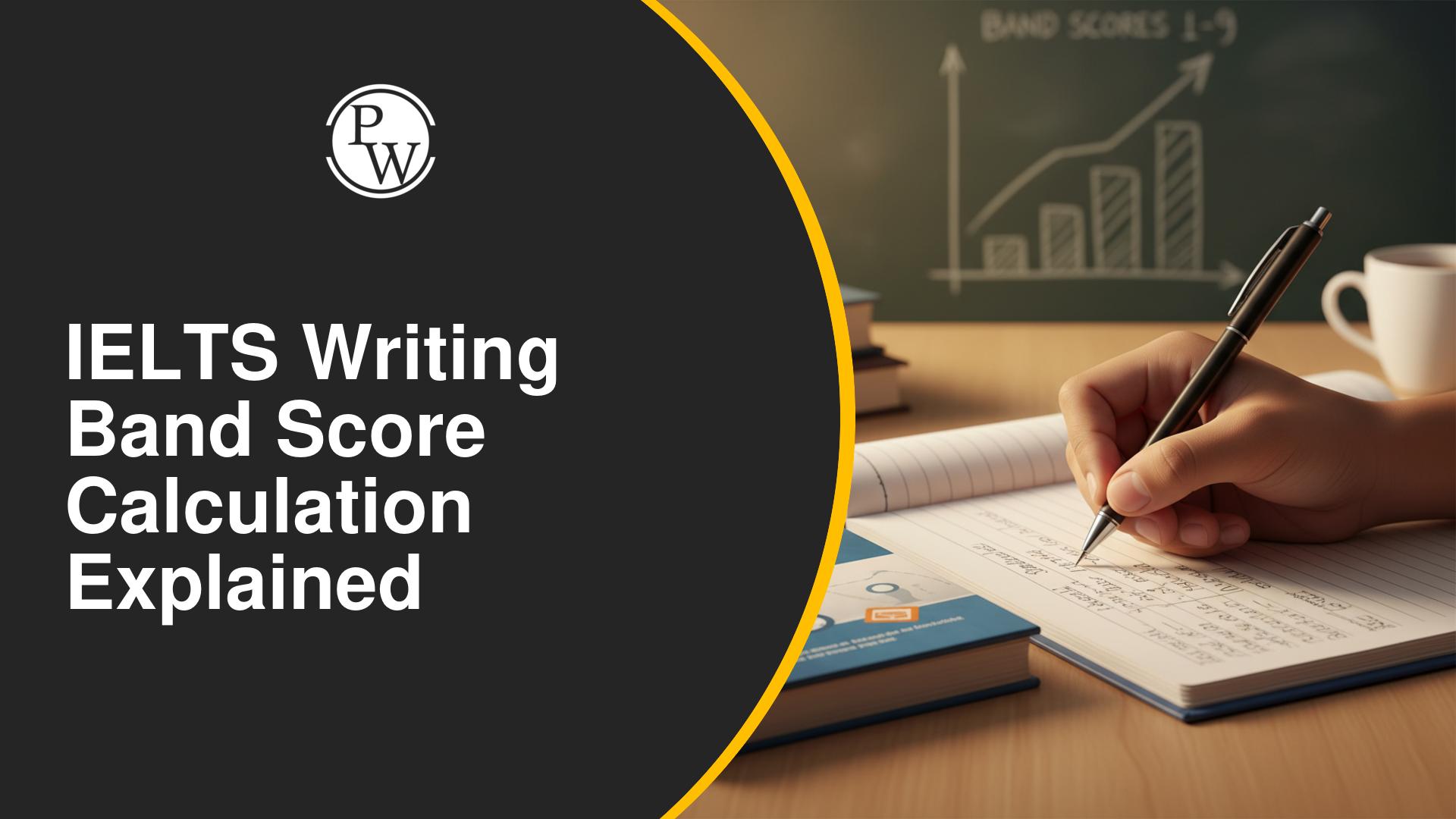
The Mozart Effect Reading Answers: The IELTS Reading section includes reading passages that assess a candidate's ability to read and comprehend various forms of literature. The reading section "The Mozart Effect Reading Answers" is a popular choice for reading passages. The "The Mozart Effect Reading Answers" includes three main sorts of questions: IELTS Reading Matching Headings, True/False/Not Given IELTS Reading, and IELTS Reading Summary Completion.
Here, we have included a total of 13 questions for “The Mozart Effect Reading Answers” topic. Practice the “The Mozart Effect Reading Answers” sample passage to score well in IELTS exam.Free IELTS Reading Practice Tests, Cambridge Sample Test PDF
The Mozart Effect Reading Answers Passage
The Mozart Effect Reading Passage
Paragraph A: Musicals have often been used to treat the body for generations. Doctors sang to heal the sick, as per the Ebers (approximately 1550 BC), another of the oldest health records (Castleman, 1994). Singing has been observed as an element of healing procedures in different civilisations. However, until the invention of the radio, the use of music in healing went into decline in modern medicine. After that, researchers began to realise that playing music had substantial bodily consequences. Music has been shown to relieve stress, and researchers have shown that music might lower blood pressure. Music is often used to relieve nausea during cancer chemotherapy, after surgery to minimise stress on the endocrine system, during pregnancy, and during the rehabilitation process (Castleman, 1994; Westley, 1998). It has been demonstrated to reduce pain while also improving the defence system's efficiency. In Japan, music collections are used as a kind of therapy. For example, if you have a migraine or headache, Mendelssohn's "Spring Song," Dvorak's "Humoresque," or a section of George Gershwin's "An American in Paris" are all recommended albums (Campbell, 1998). In a concept known as the "Magnolia Effect," music is also employed to aid learning.The Mozart Effect Reading Answers Sample Questions
The Mozart Effect Reading Answers Questions 1-5
Which paragraph contains the following information?
Write the correct letters A-H in boxes 1-5.
- A study showing Mozart's music can momentarily boost intelligence
- Reference to how music was used to heal in ancient times
- A comparison between music’s effect on humans and animals
- Skepticism about The Mozart Effect and media influence
- How music can rewire brain networks
The Mozart Effect Reading Answers Questions 6-8
Complete the summary below.
Choose NO MORE THAN ONE WORD from the passage for each answer.Mozart’s music is believed to increase (6) _______ for a short time. This theory was tested when students listened to Mozart’s work before taking an (7) _______ test. It was found that students’ scores increased compared to listening to relaxation tapes. A study in Germany also suggested that music could change (8) _______ pathways.
The Mozart Effect Reading Answers Questions 9-13
Do the following statements agree with the information given in the passage? In boxes 9-13, write:
- TRUE – if the statement agrees with the information
- FALSE – if the statement contradicts the information
- NOT GIVEN – if there is no information on this
| IELTS Exam Important Links | |
|---|---|
| IELTS Reading Band Score | IELTS Listening Band Score |
| IELTS Speaking Band Score | IELTS Writing Band Score |
The Mozart Effect Reading Answers with Explanations
1. Answer: B- Should You Use All Capital Letters in the IELTS Listening and Reading Tests
- IELTS Reading Mistakes
- How to Improve IELTS Reading Score
- How to Manage Time in IELTS Reading
Guidance of PW IELTS
Physics Wallah offers a few popular online IELTS courses for all students. Follow the latest IELTS articles to better prepare for the exam.| IELTS Exam Other Related Links | |
|---|---|
| IELTS Registration | IELTS Eligibility Criteria |
| IELTS Exam Pattern | IELTS Syllabus |
| IELTS Exam Dates | IDP IELTS Test Centers |
🔥 Trending Blogs
Talk to a counsellorHave doubts? Our support team will be happy to assist you!

The Mozart Effect Reading Answers FAQs
Q. What is the Mozart Effect?
Ans. The Mozart Effect is the theory that listening to Mozart’s music can temporarily enhance intelligence and improve brain function.
Q. Can listening to music improve cognitive abilities?
Ans. Yes, studies show that listening to complex music like Mozart can boost IQ scores and improve brain pathways, though the effects are short-term.
Q. Has the Mozart Effect been proven scientifically?
Ans. While some studies show positive effects, others suggest the results are exaggerated or influenced by external factors like motivation.
Q. Does music therapy work for illnesses?
Ans. Yes, music is used to reduce stress, relieve pain, and improve immunity during treatments such as chemotherapy and surgery.
Free Learning Resources
PW Books
Notes (Class 10-12)
PW Study Materials
Notes (Class 6-9)
Ncert Solutions
Govt Exams
Class 6th to 12th Online Courses
Govt Job Exams Courses
UPSC Coaching
Defence Exam Coaching
Gate Exam Coaching
Other Exams
Know about Physics Wallah
Physics Wallah is an Indian edtech platform that provides accessible & comprehensive learning experiences to students from Class 6th to postgraduate level. We also provide extensive NCERT solutions, sample paper, NEET, JEE Mains, BITSAT previous year papers & more such resources to students. Physics Wallah also caters to over 3.5 million registered students and over 78 lakh+ Youtube subscribers with 4.8 rating on its app.
We Stand Out because
We provide students with intensive courses with India’s qualified & experienced faculties & mentors. PW strives to make the learning experience comprehensive and accessible for students of all sections of society. We believe in empowering every single student who couldn't dream of a good career in engineering and medical field earlier.
Our Key Focus Areas
Physics Wallah's main focus is to make the learning experience as economical as possible for all students. With our affordable courses like Lakshya, Udaan and Arjuna and many others, we have been able to provide a platform for lakhs of aspirants. From providing Chemistry, Maths, Physics formula to giving e-books of eminent authors like RD Sharma, RS Aggarwal and Lakhmir Singh, PW focuses on every single student's need for preparation.
What Makes Us Different
Physics Wallah strives to develop a comprehensive pedagogical structure for students, where they get a state-of-the-art learning experience with study material and resources. Apart from catering students preparing for JEE Mains and NEET, PW also provides study material for each state board like Uttar Pradesh, Bihar, and others
Copyright © 2026 Physicswallah Limited All rights reserved.









